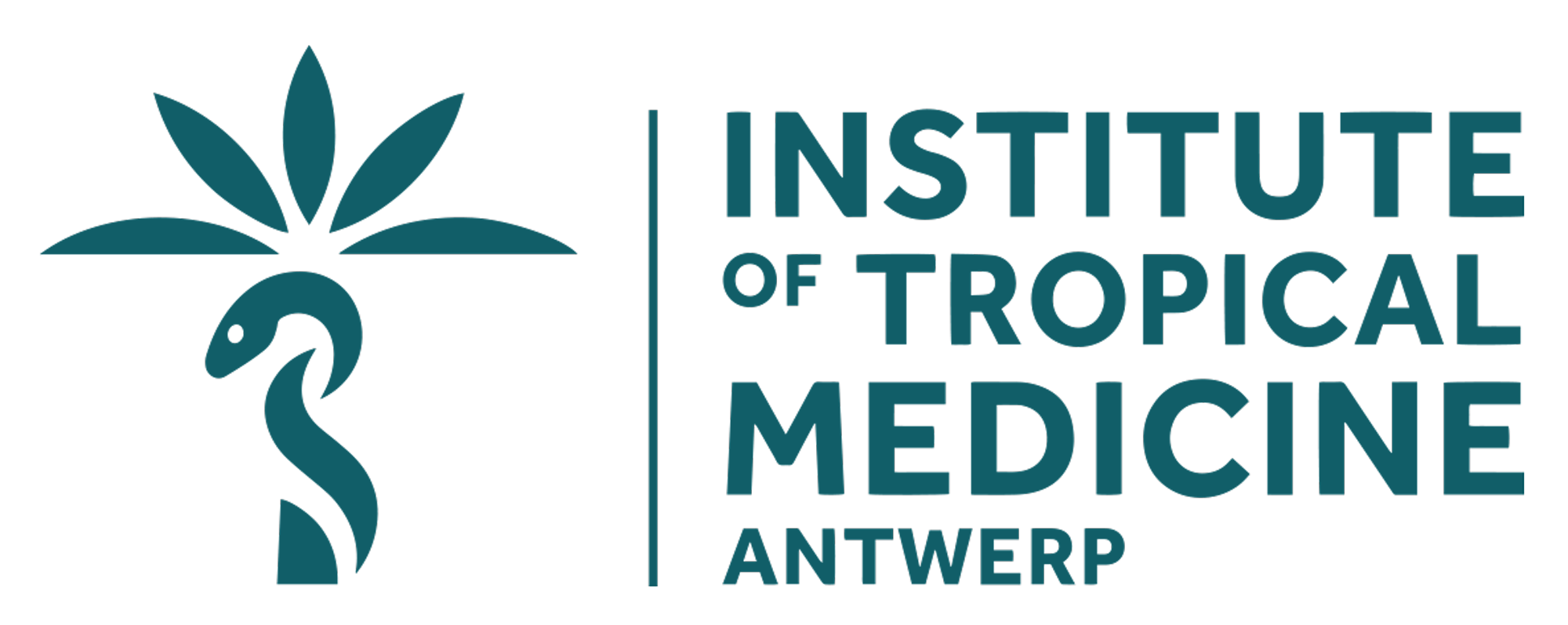A TRAVEL HEALTH APP CALLED WANDA
Most people know the Institute of Tropical Medicine (ITM) in Antwerp as the place to stop by just before embarking on a long trip. Every year, almost 22,000 travellers make an appointment at ITM to come for advice and vaccinations before their trip, as well as if travellers are not feeling well after they’ve returned.
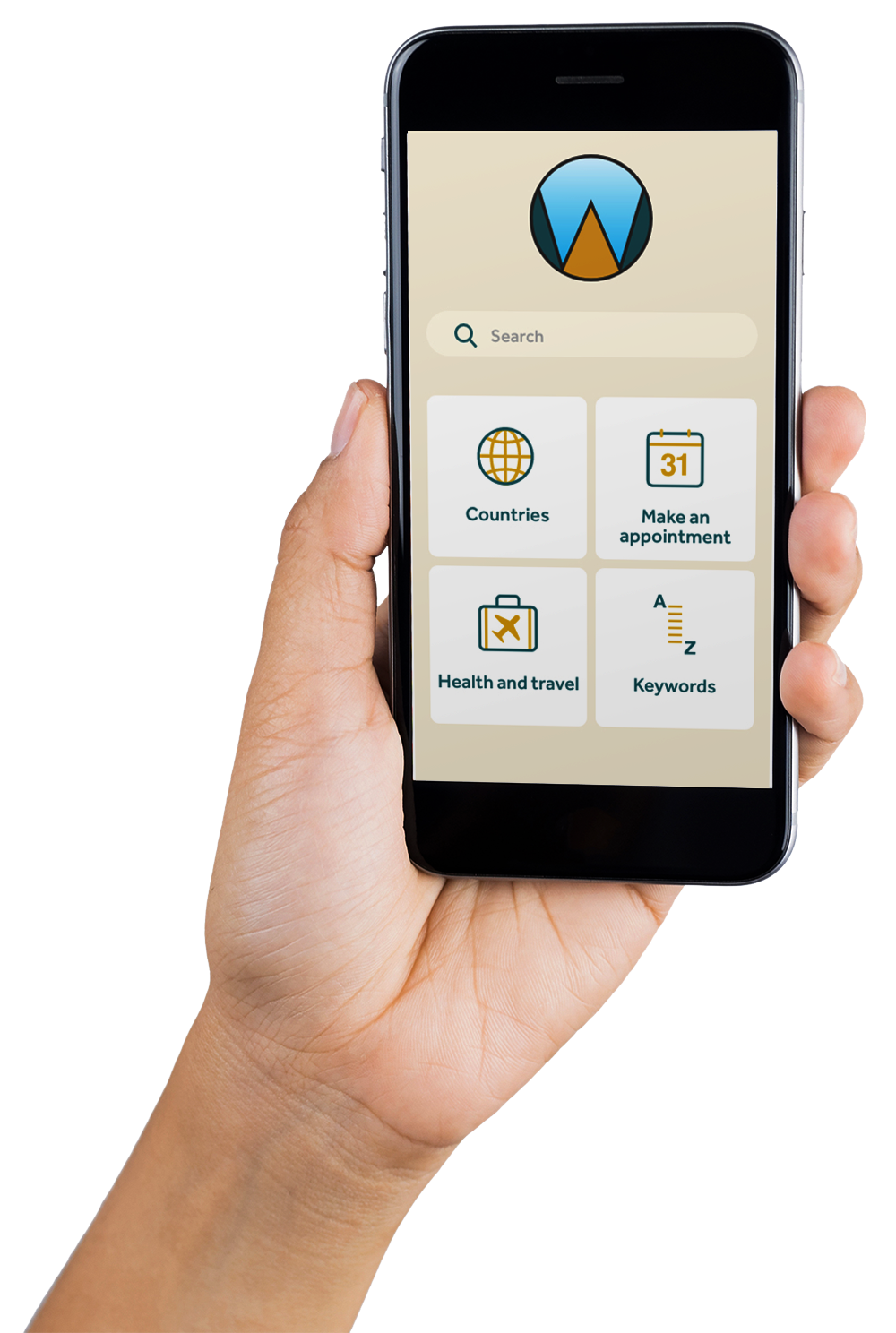
TM’s travel clinic is an international pioneer when it comes to travel medicine. Travellers increasingly use their smartphone as a travel guide. To keep them informed of the health risks at their destination, ITM has developed an app called Wanda. The travel health app is free, user-friendly and contains all the up-to-date information that can also be found on the Institute’s travel health website. Most of the information is also available offline. In addition, ITM can send travellers a targeted message when there is an outbreak in a country. Thanks to this app, travellers have a world of health information in their pocket.
Key facts:
• ITM is the only organisation to have developed a travel health app in Belgium
• Since its launch in November 2019, despite COVID-19, more than 31,000 travellers have installed the app
• Every year, ITM doctors administer more than 48,000 vaccinations to departing travellers
• The most common traveller’s disease is diarrhoea
Just a Quick Note:
InnovationsOfTheWorld.com has partnered with Trade License Zone (TLZ) to support global innovators looking to expand internationally. Take advantage of the UAE’s Free Zones—enjoy streamlined setup, low corporate taxes, and a strategic gateway to the Middle East and beyond.
Get Your UAE Free Zone License Fast & Easy!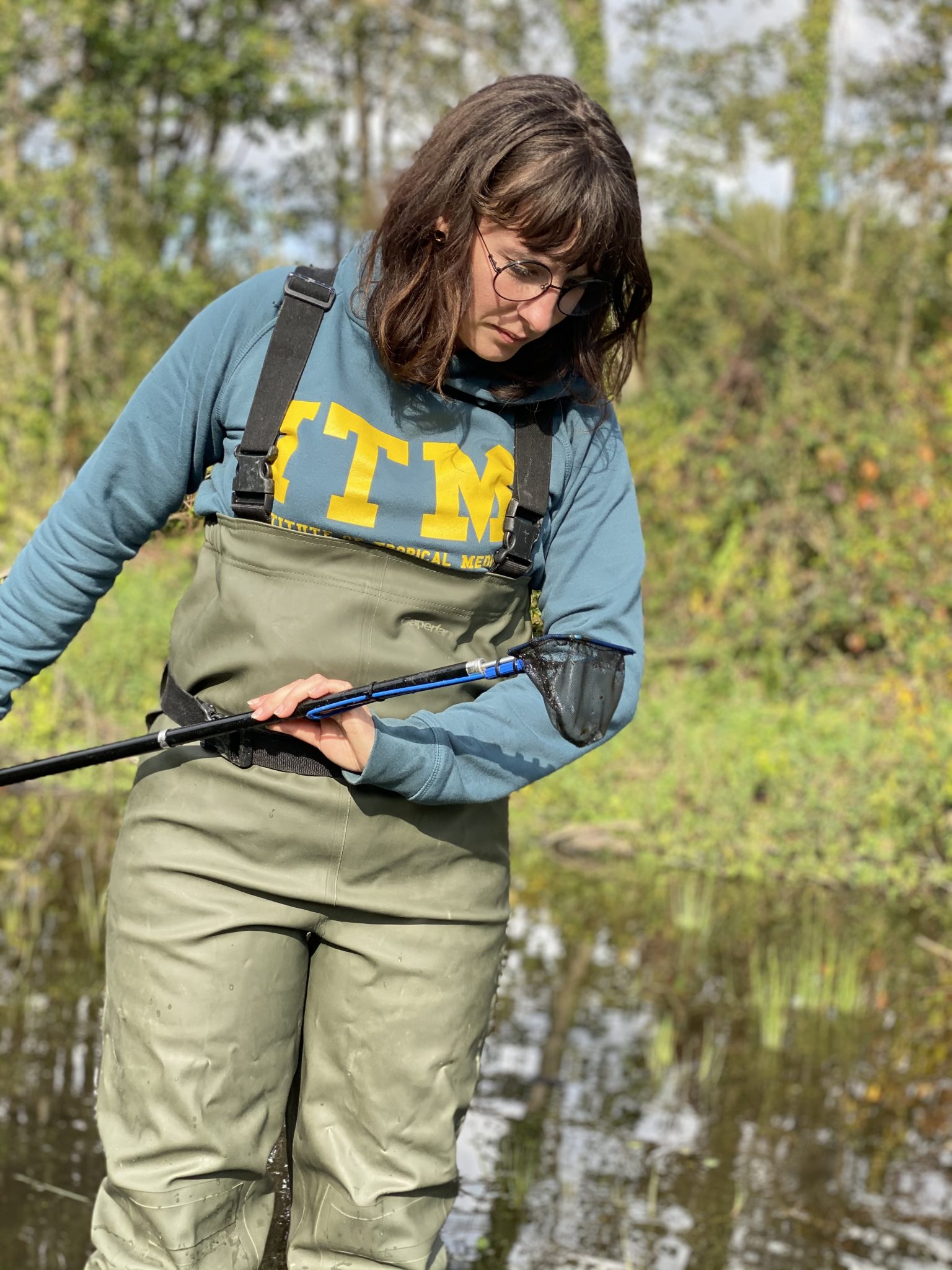
THOUSANDS OF EXOTIC MOSQUITOES IN THE HEART OF ANTWERP
Everyone has been bitten by a mosquito or a fly. In most cases, the result is an itchy little bump. Certain mosquito and fly species can also carry viruses and parasites that can make you seriously ill.
Climate change, globalisation and urbanisation make it easier to spread for these mosquito and fly species, and the viruses and parasites they carry. In recent years there have been outbreaks of the zika virus in South America and chikungunya in Italy. In addition, the Asian tiger mosquito that transmits these viruses is moving rapidly towards our regions.
The Institute of Tropical Medicine (ITM) in Antwerp houses a unique insectarium with a wide range of insects that can transmit infections. The insectarium gives our scientists the opportunity to gain important insights into infectious diseases. With this research space, ITM is one of few institutions in Europe to study such a broad spectrum of insects.
Key facts:
• ITM receives human blood from a biobank to feed its mosquitoes
• Since 2018, the Asian tiger mosquito or its eggs have been sporadically found in Belgium
• Asian tiger mosquitoes have definitively established themselves in Southern Europe
• The tiger mosquito is now also reaching our country via motorways
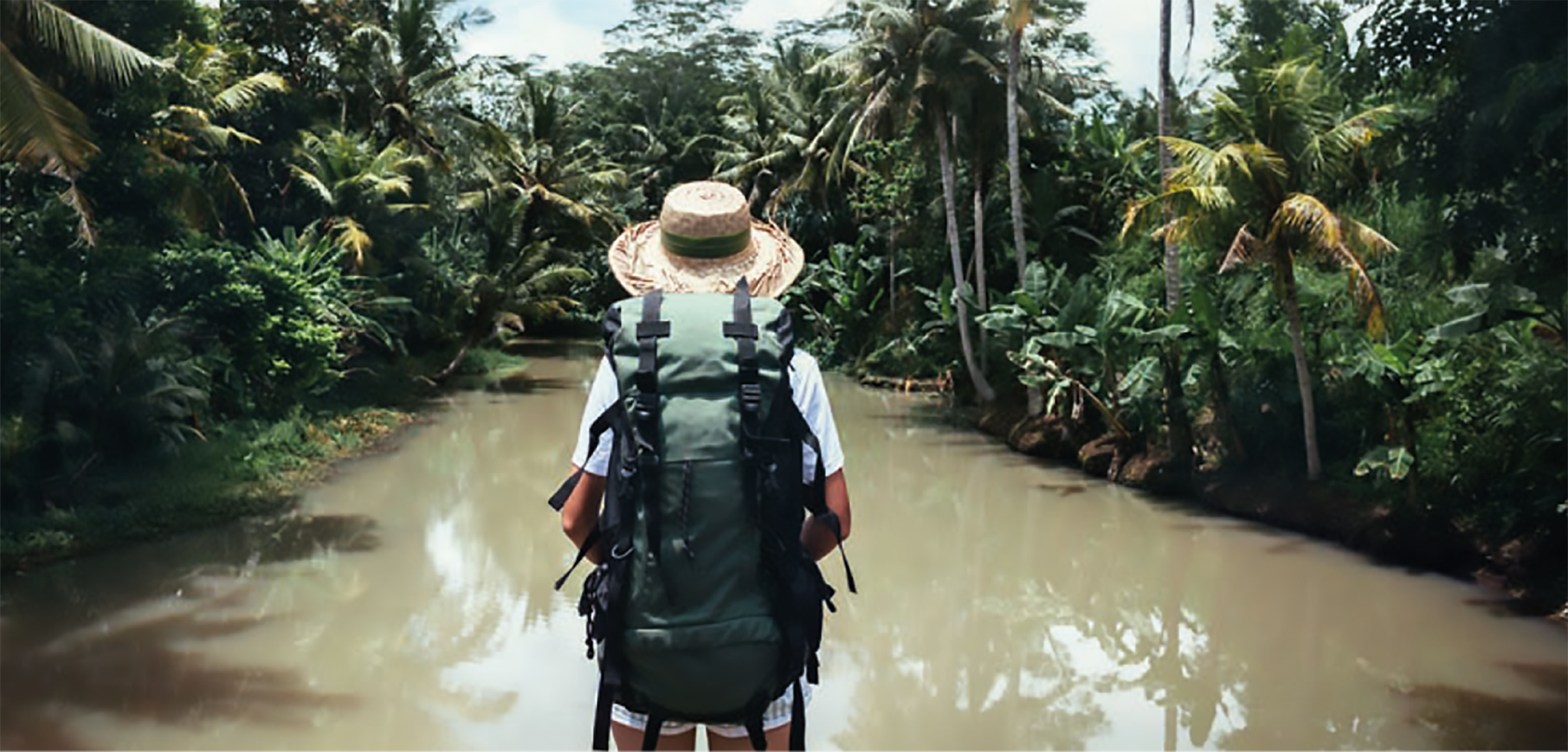
THE BATTLE AGAINST SLEEPING SICKNESS: WHY WE MUST KEEP DEVELOPING NEW DIAGNOSTICS
For years, we have been at the forefront of the fight against sleeping sickness thanks to our researchers who continue to develop new diagnostics and innovative control strategies.
Every year, several hundred cases are still reported in Africa, with the vast majority in the Democratic Republic of Congo. Although we are on track to eliminate sleeping sickness by 2030, this is no easy feat. In the past, the disease flared up when attention to it weakened so it is essential that our researchers continue to develop new tests that are adapted to local conditions and the changing phase of sleeping sickness.
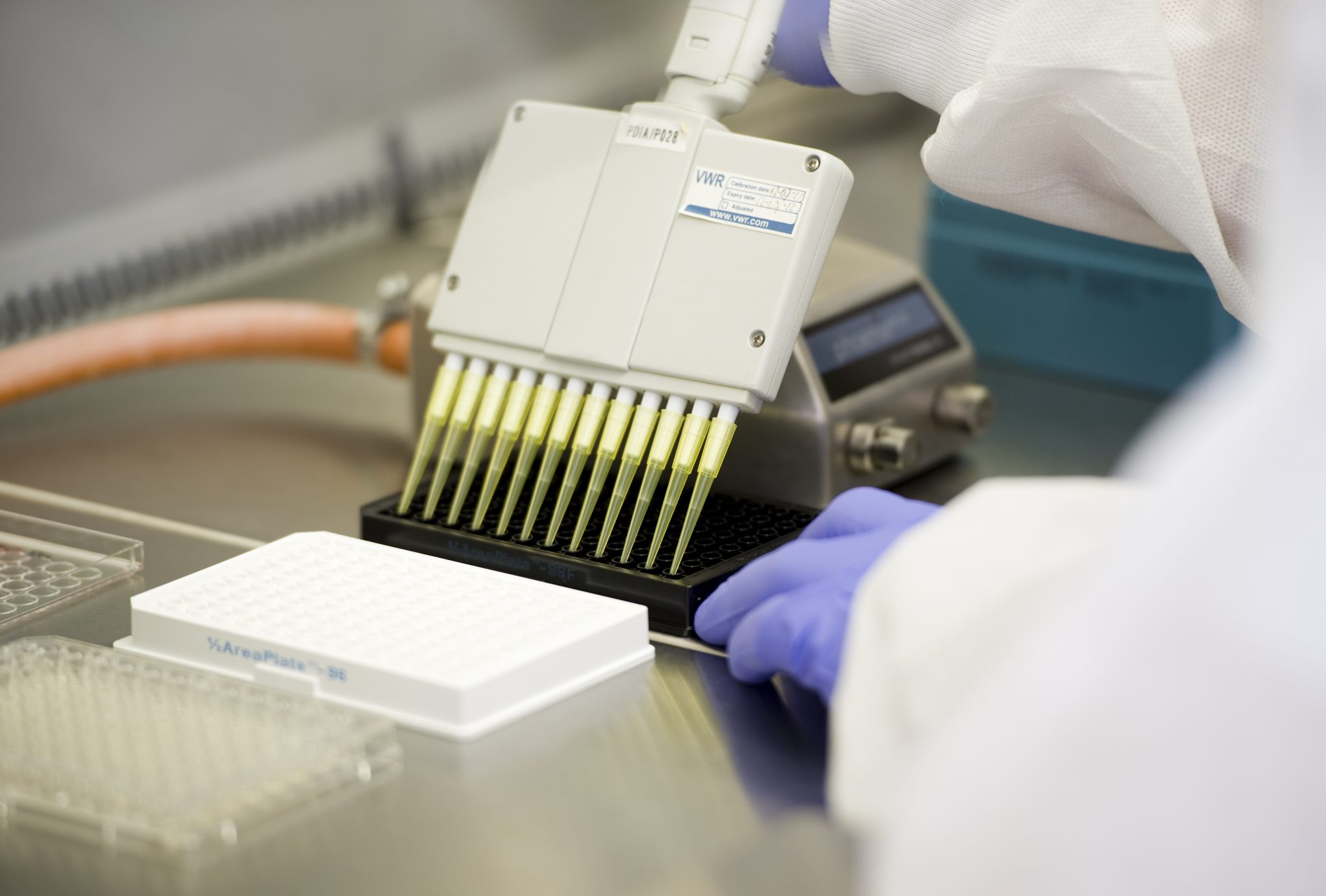
New tests are thus not developed to replace existing tests, but to meet specifications that we need at the moment – different tests serve different purposes. This tireless effort is crucial to ultimately eliminate sleeping sickness.

